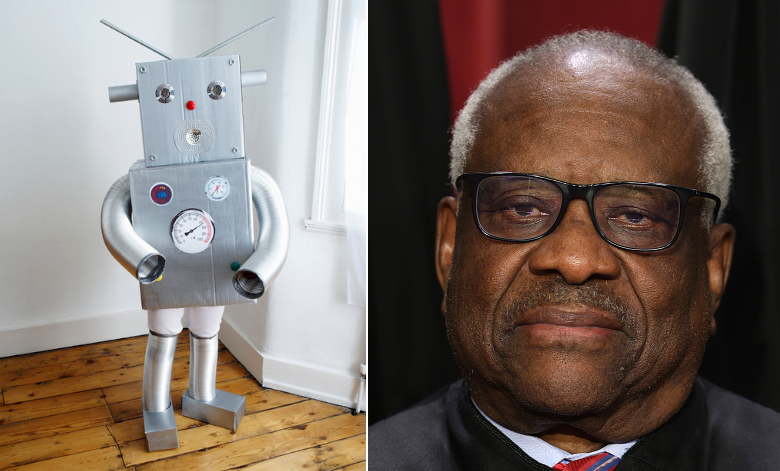
Habba Dabba Doo!
We're reaching peak Alina saturation.

We're reaching peak Alina saturation.

It isn't meant for legal research.

This Pro Bono Week, get inspired to give back with PLI’s Pursuing Justice: The Pro Bono Files, a one-of-a-kind podcast hosted by Alicia Aiken.

A leader behind Lexis+ AI™ speaks on what sets LexisNexis’ artificial intelligence and machine learning products apart from the crowd.

Despite OpenAI’s legal positioning and steps to act responsibly when it comes to copyright issues in this new and uncertain legal and technological landscape, it has proven unable to avoid being hauled into court.

The more complex the inquiry, the greater the tendency to hallucinate, at least for the AIs.

Notes to my (legal) self.

In recent years, AI has moved beyond speculation in the legal industry. What used to be hypothetical is now very real.

Not every instance of incorrect citation involves a lawyer twirling a mustache and cackling in a sinister fashion.

Hard to see how the attorney-client privilege gets involved in citing fake cases.

Won't somebody please think of the English majors?

It seems that generative AI has struck again.

Those who’ve adopted legal-specific systems are seeing big benefits.

ChatGPT can figure out how broken Citizens United was, but then it's not actively on the take.

Given the rapid growth and transformation of generative AI applications, it is certain that early legislation is just the tip of the iceberg. This is likely to be the new frontier of legislative monitoring and regulatory compliance.

Numerous IP issues arise with the use of AI in fashion.

Clients can have unrealistic expectations about what AI can achieve.